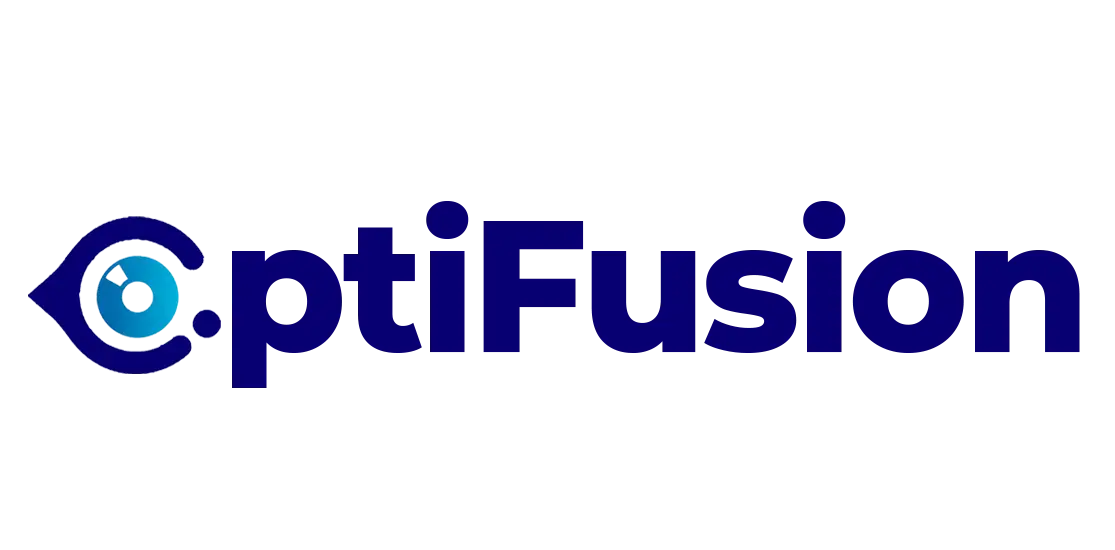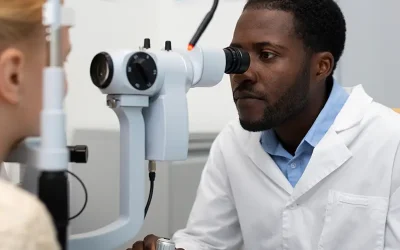When was the last time you sat down with your eye doctor and really thought about your eye health? If you’re like many people, your next appointment might be filled with general check-ups and routine testing. However, by asking the right questions, you can unlock a wealth of information to help you understand your eye care better. This article offers a comprehensive checklist of essential questions designed to help you prepare, understand procedures and treatments, the technology used, ask about follow-up care, and even build a strong long-term relationship with your eye doctor.
Pre-Appointment Preparation
Preparing for an eye exam is much like getting ready for a big event, you need to be well-prepared. Whether it’s understanding your medical history or simply jotting down concerns that have been on your mind, a little planning goes a long way. In this section, we explore what to do before stepping into the examination room.
Gathering Your History and Concerns
It all begins with knowing your own story. Before your appointment, take some time to compile a list of any eye-related symptoms, family history of eye diseases, or recent changes in your vision. This helps your doctor understand your background quickly and provides them with context for your visit. Ask yourself: Have I experienced any blurred vision, eye strain, or discomfort recently? Am I noticing any changes that might require closer examination? By being honest and thorough, you can help your eye doctor deliver personalized care.
Preparing Your Questions in Advance
Imagine walking into your eye clinic and forgetting the very questions you intended to ask. To avoid that, jot down your concerns ahead of time. Consider creating a checklist that includes questions about your current symptoms, the frequency of examinations, and any changes in lifestyle that might affect your eye health. This simple practice not only eases your mind but also ensures you don’t miss any vital details during your appointment.
Questions About Procedures and Treatments
Eye care isn’t one-size-fits-all, and understanding the procedures and treatment options available to you is key to informed decision-making. Whether you’re getting a routine eye exam or more specialized care, knowing what to expect can demystify the process and put you at ease.
Understanding Diagnostic Procedures
Diagnostic procedures can range from standard vision tests to more specialized imaging. When you ask your doctor about the tests they recommend, you’re not just learning about your own eye health—you’re also gaining insight into how modern technology is used to detect potential issues early. Ask questions like: What specific tests will I undergo? How do these tests work? And what do the results tell me about my overall eye health? This approach helps break down the often intimidating world of diagnostics into manageable, understandable pieces.
Clarification of Treatment Options
If your eye doctor suggests a treatment plan, clarity is paramount. Don’t hesitate to ask for further explanation if the proposed treatments or medications seem unclear. You might ask: What are the benefits and potential side effects of this treatment? Are there alternative options available? And how will this treatment affect my day-to-day activities? By seeking clarity, you ensure that you’re comfortable with the path forward and that you understand every step of your treatment plan.
Inquiries About Technology Used
With rapid advancements in medical technology, modern eye care clinics now boast a variety of sophisticated tools designed to improve diagnostic accuracy and treatment outcomes. This section encourages you to ask your eye doctor about the technology they use and how it benefits your eye health.
Advanced Diagnostic Tools
Many clinics now incorporate special diagnostic tools such as optical coherence tomography (OCT), digital retinal imaging, and advanced visual field testing. It’s perfectly reasonable to inquire about the technology behind these tests: How do these tools work? What makes them more effective than traditional methods? Understanding these aspects not only demystifies the process but also builds your confidence in the quality of care you are receiving.
Safety and Accuracy of Equipment
Alongside curiosity about the latest gadgets, it’s important to ask questions about the safety protocols surrounding these tools. For example, you might ask: How often is the equipment calibrated? Are there any known risks associated with these technologies? And what measures are in place to ensure the accuracy of the results? These questions help you gauge how much emphasis your clinic places on quality and safety, ensuring that your eye health is in trusted hands.
Follow-Up Care Questions
The relationship with your eye doctor doesn’t end once you leave the clinic. Follow-up care is a crucial component of any comprehensive eye care plan. In this segment, we cover the essential questions to ask regarding what comes next after your appointment.
Post-Appointment Expectations
After your eye exam, it’s normal to feel a bit overwhelmed by all the information provided. To ease this transition, ask your doctor: What should I expect immediately following my exam? Are there any side effects from the tests? And what signs should prompt me to call your office immediately? This not only prepares you for any short-term discomfort but also sets the stage for a smoother recovery or adjustment period if any treatments are initiated.
Scheduling Future Appointments
Consistent care is the key to maintaining optimal eye health. Once your appointment wraps up, it’s wise to ask about scheduling your next visit. Find out how often you should be re-examined and whether there are specific times during the year when you might need additional checks. A question like, “Based on my current condition, when should I schedule my next appointment?” can help you stay on top of your eye care routine.
Tips for Building a Long-Term Patient-Doctor Relationship
Establishing a rapport with your eye doctor is more than just about one appointment, it’s about creating a long-term relationship that supports your overall health. Here are some pointers to foster a strong, ongoing connection.
Effective Communication Strategies
Communication is the cornerstone of any successful doctor-patient relationship. Ask your doctor how best to communicate any changes in your eye health between appointments. Whether it’s through email, phone calls, or a patient portal, knowing how to reach out can make all the difference. Additionally, share your expectations regarding communication. For instance, ask: “What is the best way to contact you if I have urgent questions?” and “How quickly can I expect a response?” These simple inquiries help set clear boundaries and ensure that you always feel supported.
Establishing Trust and Consistency
Trust is built over time, and one of the best ways to foster it is by being proactive about your care. Ask your doctor about their approach to long-term eye health. Questions like, “How do you track the progress of your patients over time?” or “Can you explain how your follow-up protocols have evolved with new research?” encourage transparency and reassure you that your health is in capable hands. Moreover, expressing your willingness to be an active participant in your care can reinforce a mutually respectful and trusting relationship.
Conclusion
In conclusion, asking the right questions during your eye doctor appointment can transform a routine check-up into an empowering experience. By preparing ahead of time, understanding diagnostic and treatment procedures, inquiring about advanced technology, and clarifying follow-up care, you take a proactive step toward preserving your vision and overall well-being. Remember, your eye doctor is there to help you navigate the complexities of eye health, never hesitate to voice your concerns or ask for clarification. The more informed you are, the better decisions you can make about your care. A robust patient-doctor relationship, built on trust and open communication, is the foundation of long-term eye health and overall quality of life.
FAQ: Your questions answered
What are some key questions I should ask about my eye exam?
Ask about the specific tests being performed, what each test measures, and how the results will impact your overall eye health.
How can I prepare for my eye appointment?
Make a list of any symptoms, changes in vision, or concerns you have experienced. Also, note any questions you may want to ask, and bring your medical history if possible.
Why should I inquire about the technology used during my eye exam?
Understanding the equipment and procedures can help you feel more comfortable and ensure that the clinic uses the latest, safest, and most accurate diagnostic tools.
What should I do if I don’t understand a treatment recommendation?
Always ask your eye doctor for clarification. Request details about benefits, side effects, and alternative treatment options to make an informed decision.
How often should I schedule a follow-up eye exam?
Follow your doctor’s advice based on your individual eye health needs. Generally, a routine exam is recommended annually, though some conditions may require more frequent monitoring.



